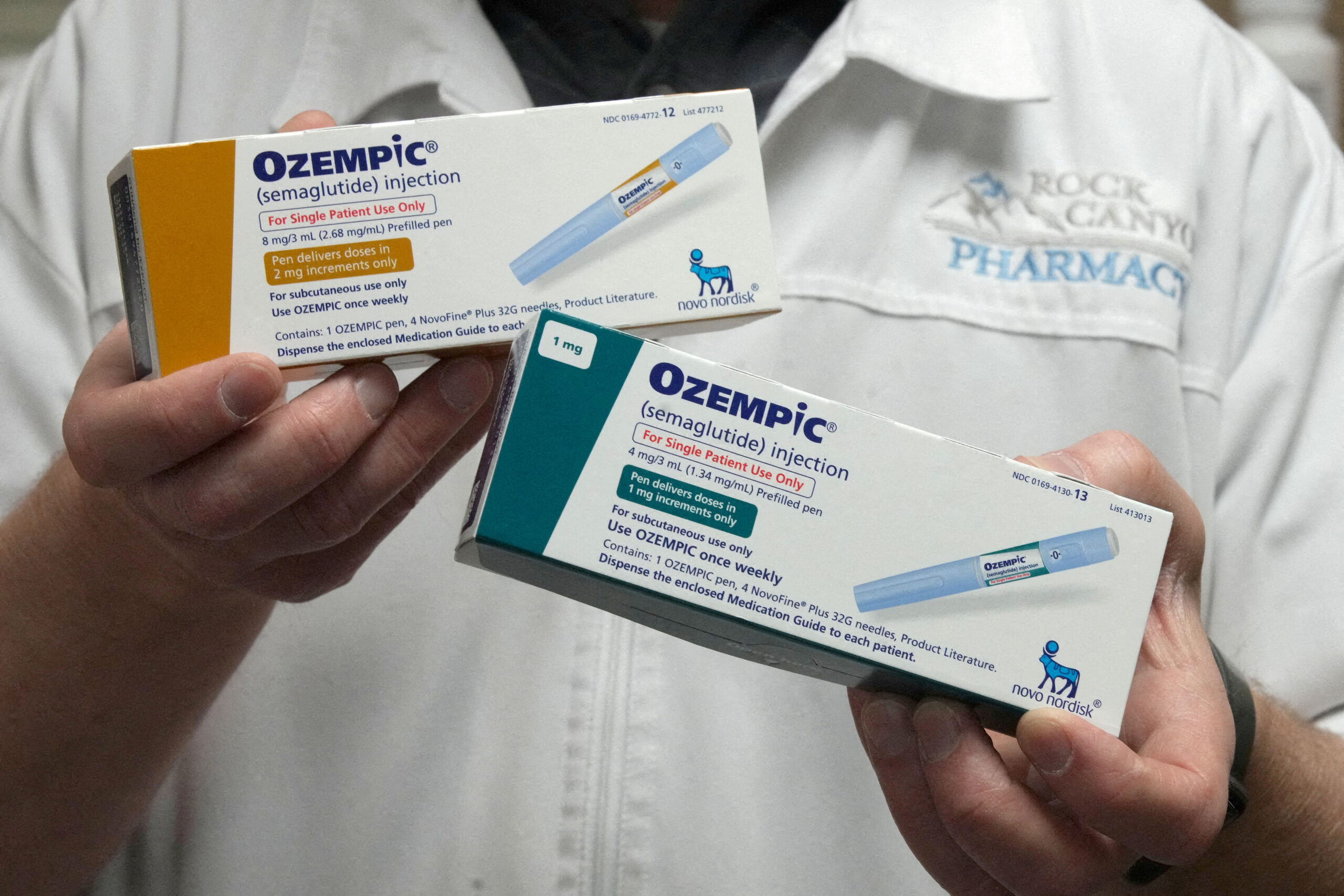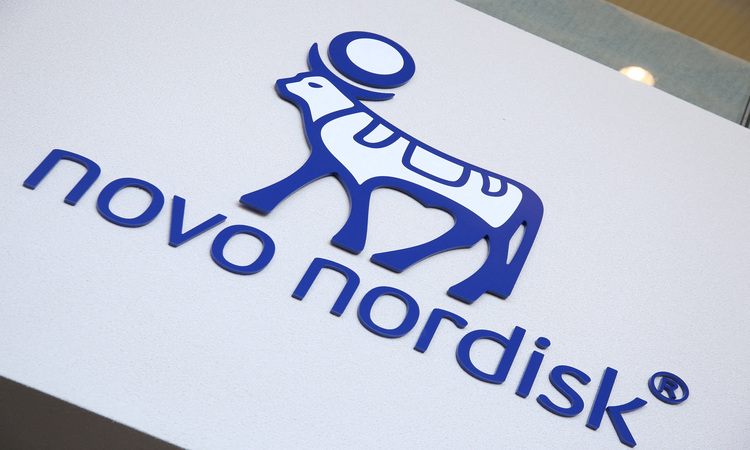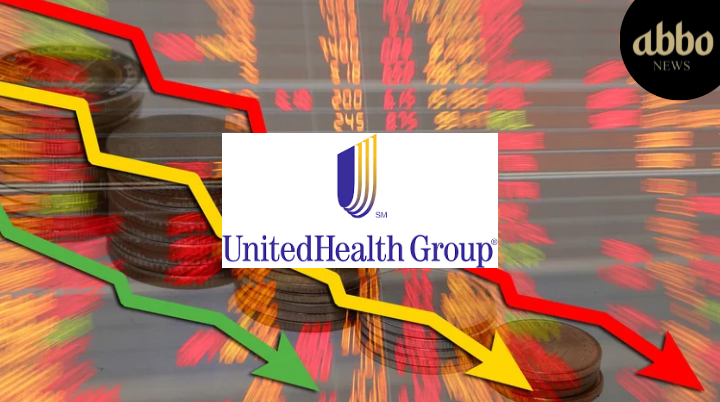LONDON – On Wednesday, Novo Nordisk (NYSE: NVO) chief financial officer Karsten Munk Knudsen said the company was aware of reports of 10 deaths and 100 hospitalizations of people who had taken compounded copies of its weight-loss and diabetes drugs.
U.S. regulations allow compounding pharmacies to copy brand-name medicines that are in short supply by combining, mixing, or altering drug ingredients to meet demand.
Novo Nordisk’s popular weight-loss injection Wegovy and diabetes drug Ozempic, both known chemically as semaglutide, were until recently in shortage in the United States.
When asked to elaborate on Knudsen’s comments made in a call with media, a spokesperson referred Reuters to the U.S. Food and Drug Administration’s (FDA) adverse events database.
The database showed that 10 deaths had been registered in the past two years related to compounded semaglutide, but they did not identify a cause of death.
Adverse-event reports provide a warning system for the medical community but are not considered definitive scientific evidence. Submitted by doctors, patients, drugmakers, and others, they often lack key details and do not on their own establish that a drug caused potentially dangerous health events.
It is also possible that the reports identified in the data contain multiple submissions describing the same incident.
Given all the U.S. regulatory surveillance of Novo Nordisk’s production of the two drugs, CEO Lars Fruergaard Jorgensen said it was puzzling that people in the United States could inject themselves with a product that was not regulated, approved, or inspected.
In the U.S., the states have oversight of most compounders while others fall under both state and FDA authority.
“It beats me,” Jorgensen told Reuters after the company reported better-than-expected third-quarter results. “I think this is something that will change over time,” he said of the oversight for compounded versions of Wegovy.
He added that the copycat versions were being sold online and through so-called “health spas”, rather than through the formal supply chain where Novo Nordisk and chief rival Eli Lilly (NYSE: LLY) sell their approved medicines.
Last month, Novo Nordisk (NYSE: NVO) asked the FDA to ban compounding pharmacies from making copycat versions of Wegovy and Ozempic, which it said were too complex for those manufacturers to produce safely.
MULTIPLE SAFETY CONCERNS
Knudsen also told the media briefing that the company had been looking at a number of compounded products in the market and identified multiple safety concerns as well as reports of hospitalizations and deaths.
Although all dose strengths of Ozempic and Wegovy are now listed as available on the FDA website, the drugs remain on the agency’s shortages list.
The pick-up in availability is the result of significant investments to expand manufacturing capacity and ongoing communication with the FDA, the company has said.
“This is an ongoing dialogue with the FDA. I don’t want to speculate today whether we’re completely off the shortages list, but this is a first step and we’re hopeful that we’ll be getting off in the future,” Knudsen told the media briefing on Wednesday.
He said that was important because if a product was not on the shortages list, there were limitations for compounding pharmacies making copycat versions.
(Source: Reuters)
Latest News on Novo Nordisk A/S (NVO) Stock













